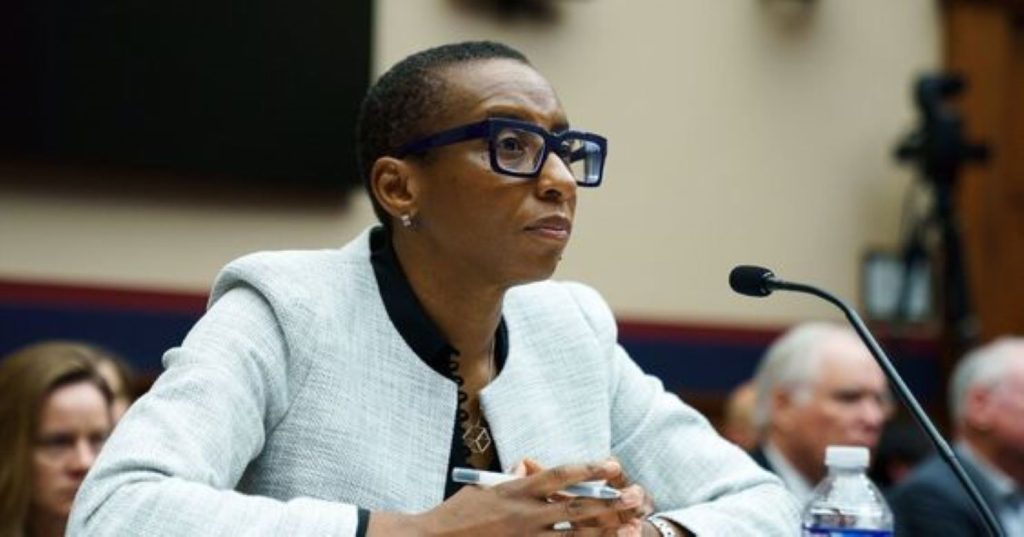
The Harvard Crimson’s recent report scrutinized plagiarism allegations against Harvard President Dr. Claudine Gay. It concluded that she did not meet the same level of “academic integrity” expected from students.
The Crimson independently reviewed allegations against Gay, finding her work violated Harvard’s plagiarism and academic integrity policies. Harvard newspaper has been notably defensive of Gay, publishing an editorial titled, “Harvard and President Gay Must Not Yield.”
Harvard disclosed this week that it was aware of the allegations and initiated an investigation in October. The claims gained national attention after articles by hard-right activist Christopher Rufo.
Gay has faced intense scrutiny and calls for her resignation. The pressure intensified after a House hearing on anti-Semitism, where the president of UPenn, who testified alongside Gay, resigned amid crushing criticism.
ALSO READ: Rep. Elise Stefanik Is Expecting Three University Presidents to Resign: ‘One Down, Two To Go’
Following the hearing, Gay apologized for any hurt caused to students on Harvard’s campus. She emphasized the school’s commitment to ensuring all students’ safety on campus.
Critics argue that this message was absent during her hearing when questioned about whether calls for “Jewish genocide” amounted to harassment.
POLL — Should Laws Be Enacted To Protect LGBTQ+ Individuals From Workplace Discrimination?
The Crimson detailed the allegations against Gay, writing:
“The Free Beacon article focused on four articles by Gay: a 1993 essay in Origins, a shared publication between the Ohio State University and Miami University; her 1997 Ph.D. dissertation from her time as a graduate student at Harvard; and two papers she wrote while a professor at Harvard, in 2012 and 2017. Rufo and Brunet’s Substack post only discussed her dissertation.
The Crimson independently reviewed the published allegations. Though some are minor — consisting of passages that are similar or identical to Gay’s sources, lacking quotation marks but including citations — others are more substantial, including some paragraphs and sentences nearly identical to other work and lacking citations.
ALSO READ: Billionaire and Harvard Alum Bill Ackman Claims Harvard President Was a DEI Initiative Pick
Some appear to violate Harvard’s current plagiarism and academic integrity policies.
Harvard’s guide states scholars must credit when copying language verbatim from another source. This involves using quotation marks with a precise citation or paraphrasing with a clear citation. These guidelines underscore the importance of proper attribution for academic integrity.
You Might Also Like:
Boston Mayor Allegedly Plans ‘No Whites’ Christmas Party
Teachers Union Official Under Investigation for Compiling List of Wealthy Jews
Governor Abbott Wins Legal Battle Over Floating Barriers in Rio Grande
Biden’s Incessant Desire for Green Energy May Have Some Dark Results
This New Law Is Targeting Trains as a Source of Pollution
